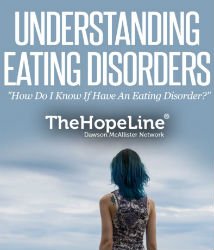Recovery and support
Recovery from an eating disorder is a process that may take time. It is important for individuals with eating disorders to receive ongoing support to maintain their recovery and prevent relapse.
Recovery typically involves:
- Gaining weight and restoring physical health
- Changing negative thoughts and behaviors related to food and body image
- Learning healthy coping mechanisms
- Building self-esteem and self-acceptance
- Improving relationships and communication skills
- Developing a healthy relationship with food
Support can come in many forms and can be beneficial to individuals in different stages of recovery. Some forms of support include:
- Support groups: Joining a support group can provide a sense of community and a safe space to share experiences and learn from others who are going through similar struggles.
- Family and friends: The support of loved ones can be crucial in the recovery process. It is important for family members and friends to be educated about the disorder and how to provide appropriate support.
- Online support: There are many online resources and support groups that can provide additional support and information.
Continued follow-up care is important for individuals who have recovered from an eating disorder to maintain their recovery and prevent relapse. This may include regular appointments with a therapist, nutritionist or physician, and participation in support groups or other forms of ongoing support.
Recovery from an eating disorder is possible with the right support and treatment. It is important to remember that recovery is not a linear process and there may be setbacks, but with the right help, individuals can learn to manage their symptoms and lead fulfilling lives.









Recent Comments